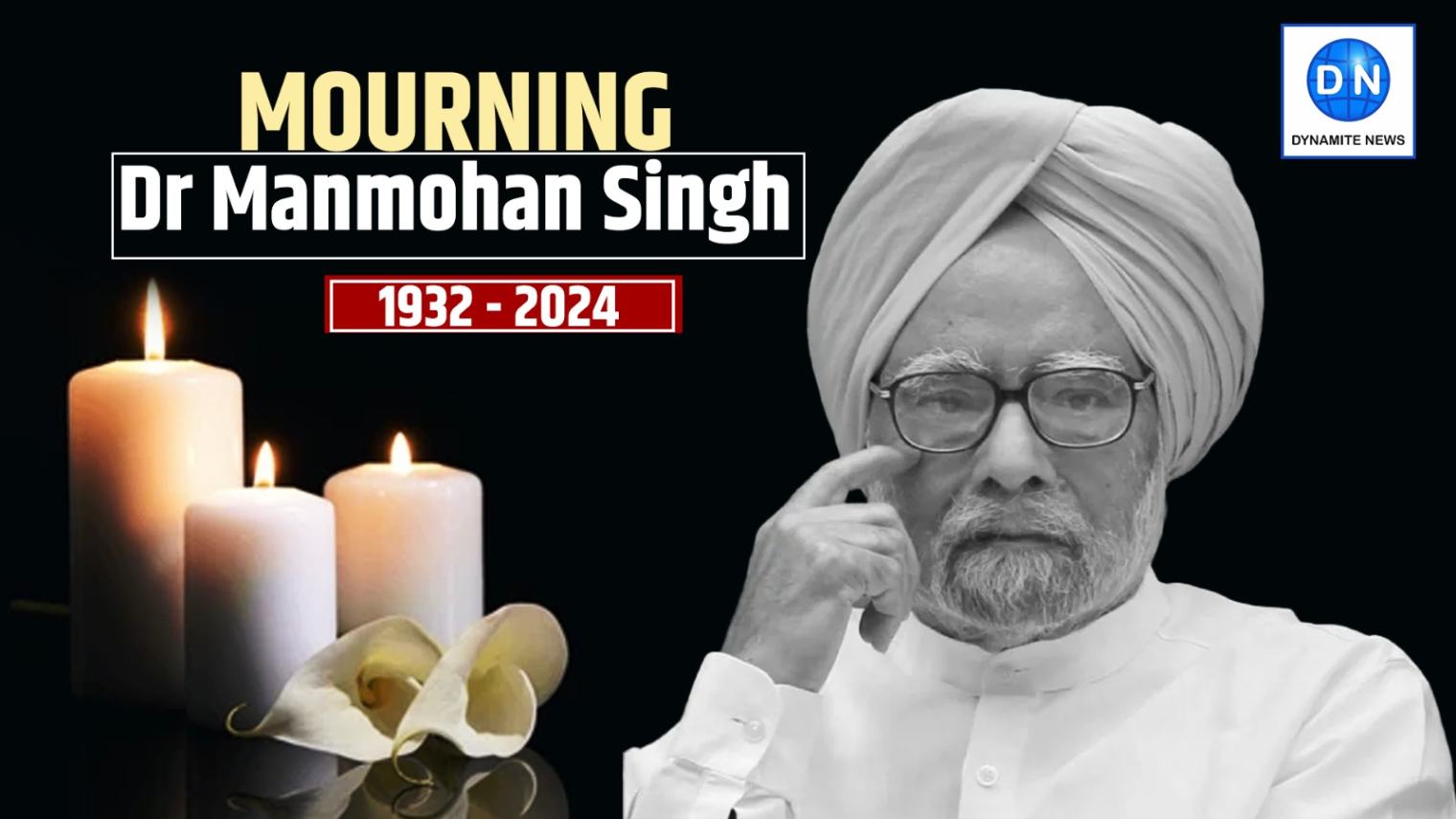
New Delhi: Former Prime Minister and Eminent Economist Dr. Manmohan Singh breathed his last at AIIMS, Delhi on Thursday night. He was 92. Dr. Singh's demise is an 'irreparable loss' for the country.
Dr. Manmohan Singh was not only a great politician but also a profound thinker and academician. His political outlook was exceptionally strong and well-considered. He will also be remembered for his contributions to social harmony and humanity.
In this Dynamite News report, we will take you through those five major historical decisions of former Prime Minister Manmohan Singh for which the nation will always remember him.
Also Read |
Congress Working Committee mourns demise of Dr Manmohan Singh
MGNREGA
In 2005, a year after becoming the Prime Minister, Dr. Manmohan Singh implemented the National Rural Employment Guarantee Act, later renamed the Mahatma Gandhi National Rural Employment Guarantee Act (MGNREGA). The aim of this program is to provide minimum employment to every rural household. Under this scheme, one member of each household is guaranteed 100 days of wage employment annually. If the work is not provided, unemployment allowance is given. This decision significantly reduced poverty in rural areas and curtailed migration to cities. During the COVID-19 pandemic, this program helped millions of people sustain their livelihoods.
RTI
As Prime Minister, Dr. Manmohan Singh also introduced the Right to Information Act (RTI) in 2005. RTI became a powerful tool and a major boon for the people of India. Under this law, any citizen can request information from government departments. This legislation increased transparency in government offices and exposed several corruption cases.
UIDAI
During Dr. Singh’s tenure, the Aadhaar initiative, which provides every citizen with a unique identification, was launched. In 2009, the Unique Identification Authority of India (UIDAI) was established for this purpose. Today, Aadhaar has become an essential identity document for every Indian citizen.
Also Read |
Palestine expresses grief over demise of Dr Manmohan Singh
Right to Education Act
As Prime Minister, his government also passed the Right to Education Act in 2009. Its primary objective is to provide free and compulsory education to all children aged 6 to 14 years, without any discrimination. This law significantly improved the level of education in the country, particularly encouraging children in rural areas to attend school in greater numbers.
National Food Security Act
Under Dr. Manmohan Singh's leadership, the National Food Security Act was introduced in 2013. This law ensured affordable food grains for 66% of the Indian population. It proved to be a boon for families living below the poverty line, providing subsidized grains. Its aim was to ensure food availability for every needy person and strengthen the food security.







